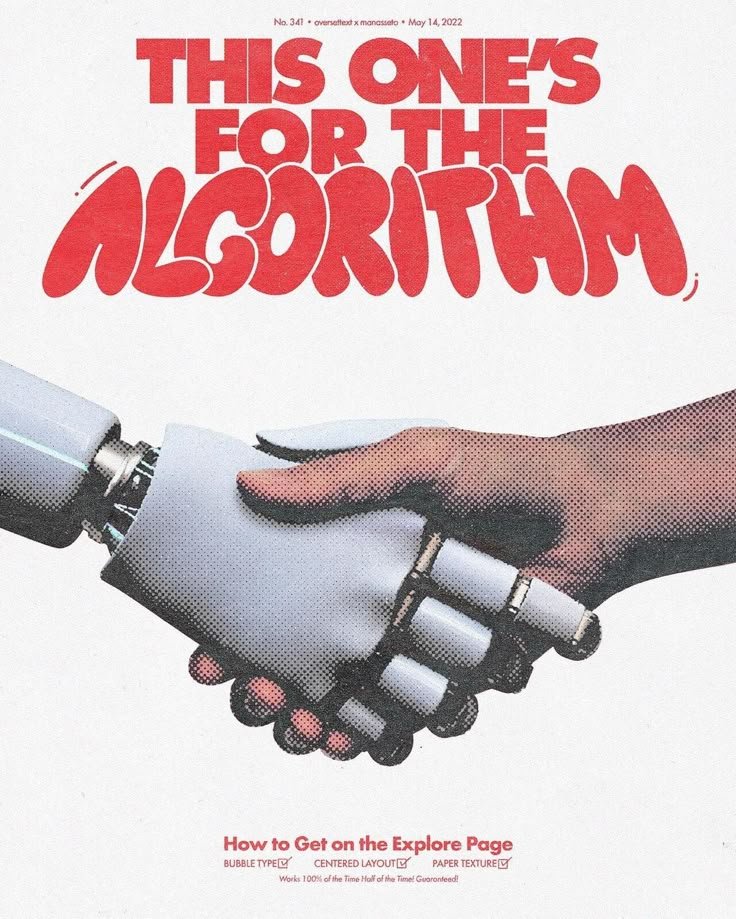AI for Business Efficiency: How Artificial Intelligence Is Revolutionizing Modern Workflows

Introduction
In today’s fast-moving business world, efficiency is everything. Companies across industries are under constant pressure to do more with less—less time, fewer resources, and smaller budgets. That’s where Artificial Intelligence (AI) steps in.
AI is not just a trend; it’s a powerful business transformation tool that enhances decision-making, automates repetitive tasks, and helps teams focus on what truly matters—growth and innovation.
Let’s explore how AI is reshaping modern businesses and helping organizations achieve new levels of efficiency.

1. Streamlining Operations with Automation
One of the biggest advantages of AI for business efficiency is automation.
AI-powered systems can handle routine tasks like data entry, scheduling, and customer support with incredible speed and accuracy.
Examples of automation tools:
- UiPath and Automation Anywhere for robotic process automation (RPA)
- Zapier for workflow integration
- ChatGPT for Business for content creation and internal communication
By automating repetitive tasks, businesses can save hours of manual labor and reallocate human talent to strategic and creative tasks.
2. Smarter Decision-Making with Predictive Analytics
AI allows businesses to make data-driven decisions faster and more accurately.
Through predictive analytics, AI can identify trends, forecast demand, and provide valuable insights that guide business strategy.
Use cases:
- Retailers predicting customer buying behavior
- Logistics companies optimizing routes
- Financial firms detecting market trends or fraud
AI’s ability to analyze large datasets instantly enables leaders to make smarter, faster, and more informed decisions.
3. Enhancing Customer Experience
AI is revolutionizing how businesses interact with their customers.
From chatbots to personalized recommendations, companies now deliver faster and more satisfying customer experiences.
Top AI-driven customer tools:
- Zendesk AI and Intercom for automated support
- Salesforce Einstein for personalized CRM experiences
- HubSpot AI for marketing automation
AI helps brands build stronger relationships by understanding customer needs and responding in real time.
4. Optimizing Supply Chain and Logistics
For companies managing inventory or transportation, AI offers unmatched efficiency.
AI algorithms can track stock levels, predict supply shortages, and even optimize delivery routes to reduce costs.
Key benefits:
- Reduced waste and inventory errors
- Real-time visibility across supply chains
- Lower operational costs and faster deliveries
Brands like Amazon and FedEx are already using AI-driven logistics to deliver millions of products seamlessly every day.
5. Boosting Employee Productivity
AI doesn’t replace employees—it empowers them.
With intelligent assistants, task managers, and meeting summarizers, AI reduces mental load and allows teams to focus on creativity and innovation.
Popular productivity tools:
- Notion AI for task management and writing
- Microsoft Copilot for document creation and summaries
- Google Workspace AI for smarter collaboration
Businesses that integrate AI into their workflow see measurable improvements in productivity, creativity, and employee satisfaction.
6. Cost Reduction and Resource Optimization
AI helps companies cut costs without compromising quality.
By reducing manual errors, improving forecasting accuracy, and automating repetitive processes, organizations save time and money.
Example:
A manufacturing company using AI for predictive maintenance can avoid costly machine breakdowns by detecting issues before they occur.
In short, AI ensures every dollar and every minute counts.
7. Future of AI in Business Efficiency
As AI technology continues to advance, we’ll see even deeper integration into business systems—from virtual CFOs that manage finances to AI-driven HR tools that handle recruitment and employee engagement.
Businesses that adopt AI early gain a competitive edge, improved agility, and long-term sustainability.
Conclusion
Artificial Intelligence is more than just a technological upgrade—it’s a strategic advantage for businesses aiming to maximize efficiency and stay competitive.
By automating tasks, enhancing decision-making, and empowering employees, AI transforms how businesses operate from the ground up.
Those who embrace AI today are building the efficient, intelligent enterprises of tomorrow.
Frequently Asked Questions (FAQs)
1. How can AI improve business efficiency?
AI automates repetitive tasks, provides data insights, and enhances decision-making, allowing businesses to work faster and more accurately.
2. What are the best AI tools for business productivity?
Top tools include ChatGPT for Business, HubSpot AI, UiPath, Zapier, and Microsoft Copilot.
3. Is AI expensive for small businesses?
Not anymore. Many affordable or freemium AI tools make it easy for small businesses to adopt AI and scale operations efficiently.
4. How does AI affect employee roles?
AI eliminates repetitive tasks so employees can focus on strategic and creative work, improving job satisfaction and productivity.
5. What industries benefit the most from AI?
Retail, logistics, healthcare, finance, and manufacturing are leading sectors leveraging AI for efficiency and innovation.



